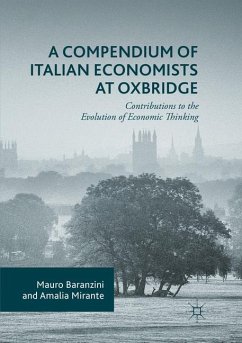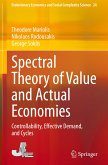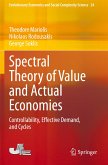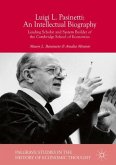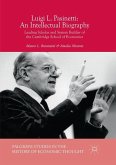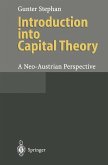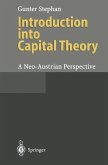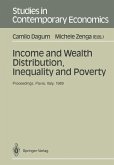This study examines five decades of Italian economists who studied or researched at the Universities of Oxford and Cambridge between the years 1950 and 2000. Providing a detailed list of Italian economists associated with Hicks, Harrod, Bacharach, Flemming, Mirrlees, Sen and other distinguished dons, the authors examine eleven research lines, including the Sraffa and the neo-Ricardian school, the post-Keynesian school and the Stone's and Goodwin's schools. Baranzini and Mirante trace the influence of the schools in terms of 1) their fundamental role in the evolution of economic thought; 2) their promotion of four key controversies (on the measurement of technical progress, on capital theory, on income distribution and on the inter-generational transmission of wealth); 3) the counter-flow of Oxbridge scholars to academia in Italy, and 4) the invigoration of a third generation of Italian economists researching or teaching at Oxbridge today.
A must-read for all those interested in the way Italian and British research has shaped the study and teaching of economics.
A must-read for all those interested in the way Italian and British research has shaped the study and teaching of economics.
"It may well prove interesting not only for Italian economists who were, directly or indirectly, acquainted with one or another of the figures dealt with, but for all scholars seeking a better understanding of the contribution of Italian economists to some of the main theoretical strands of the second half of the 20th century. More in general, it has much to offer to readers interested in exploring the processes through which (economic) ideas can be generated." (Eleonora Sanfilippo, History of Economic Ideas, Issue 3, 2017)

